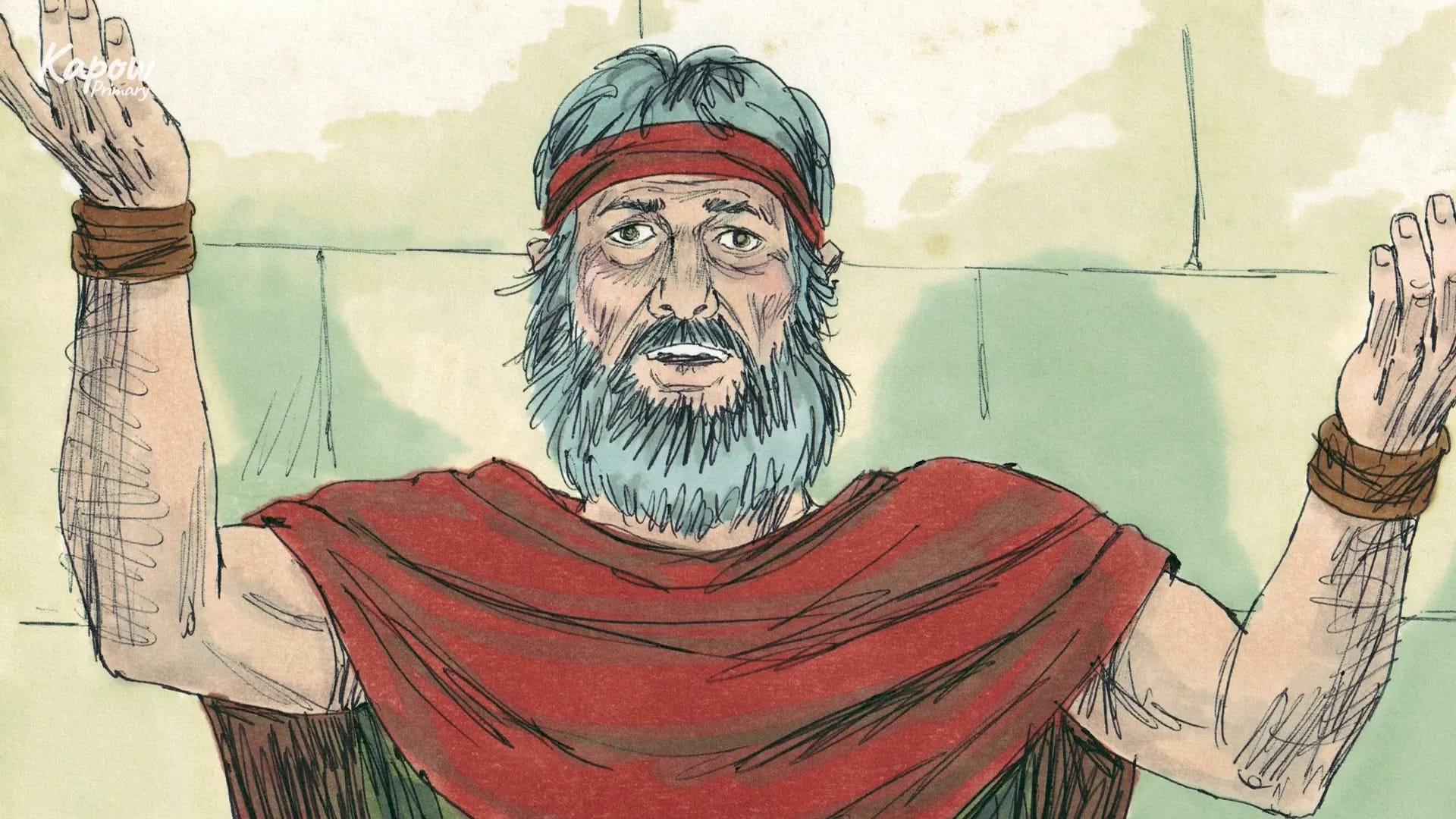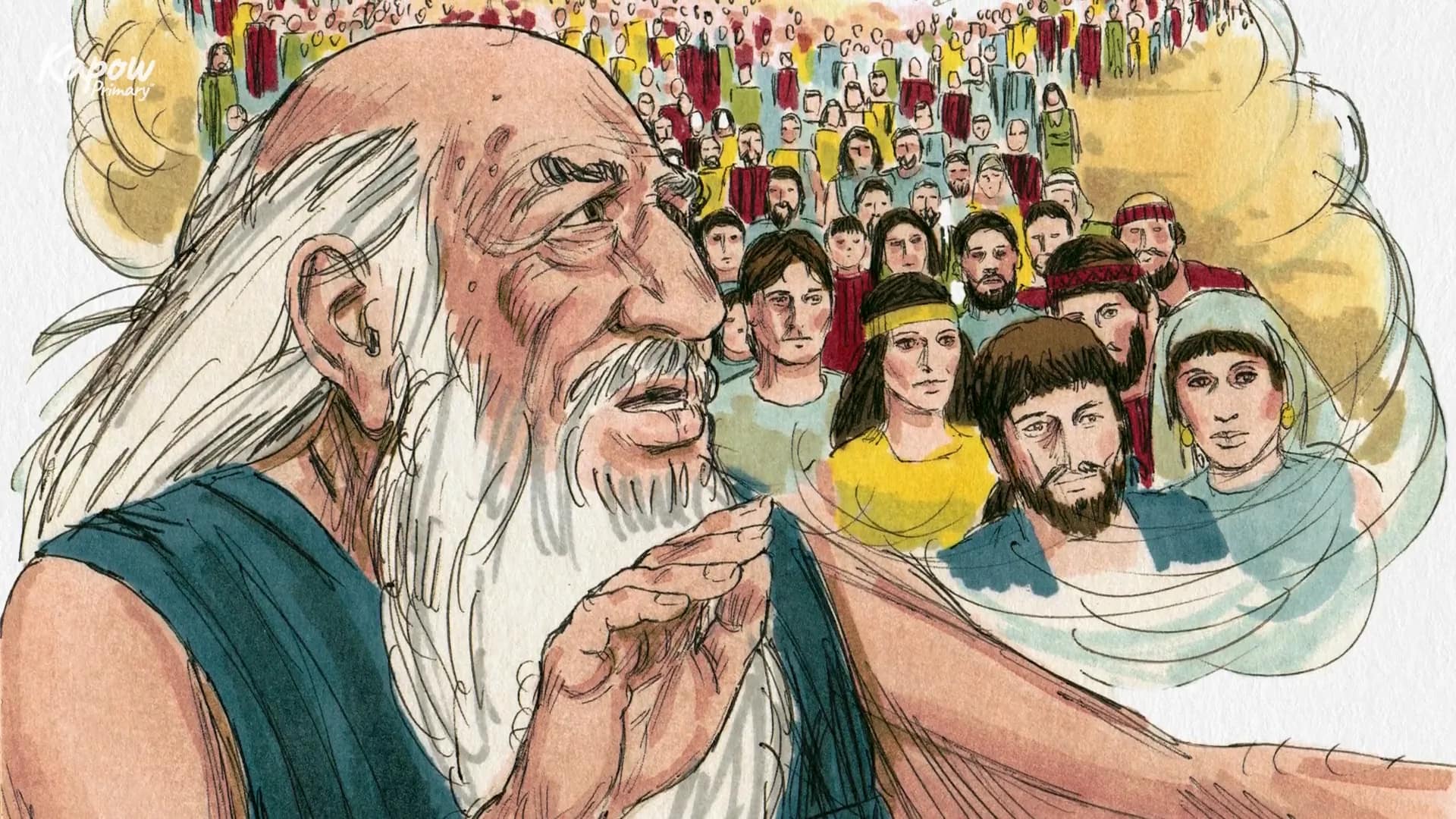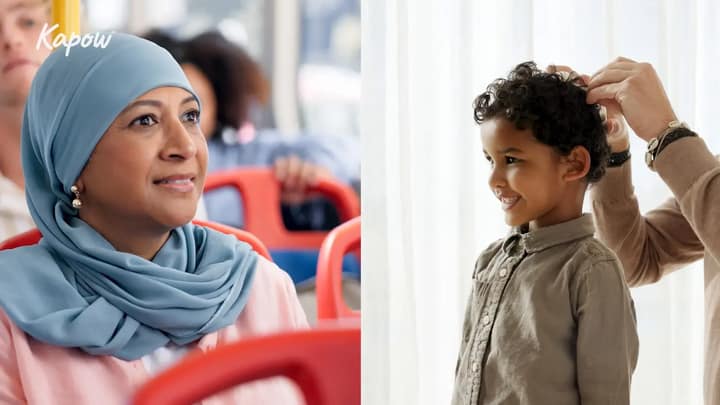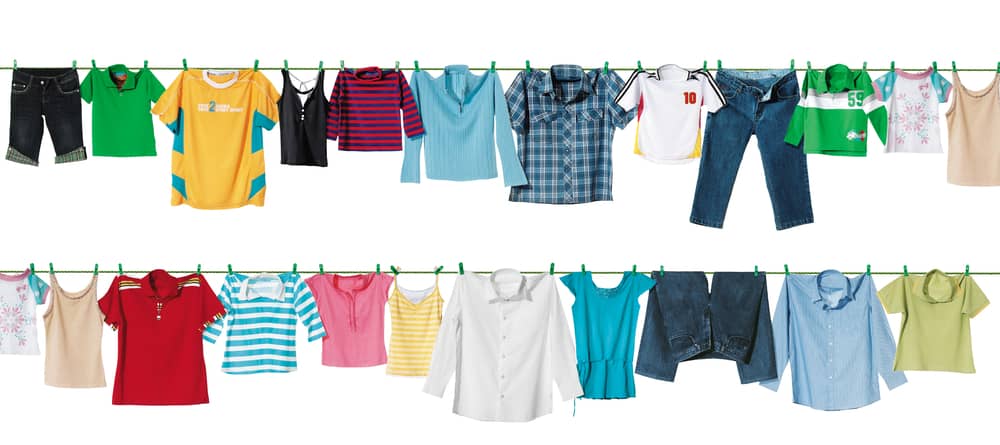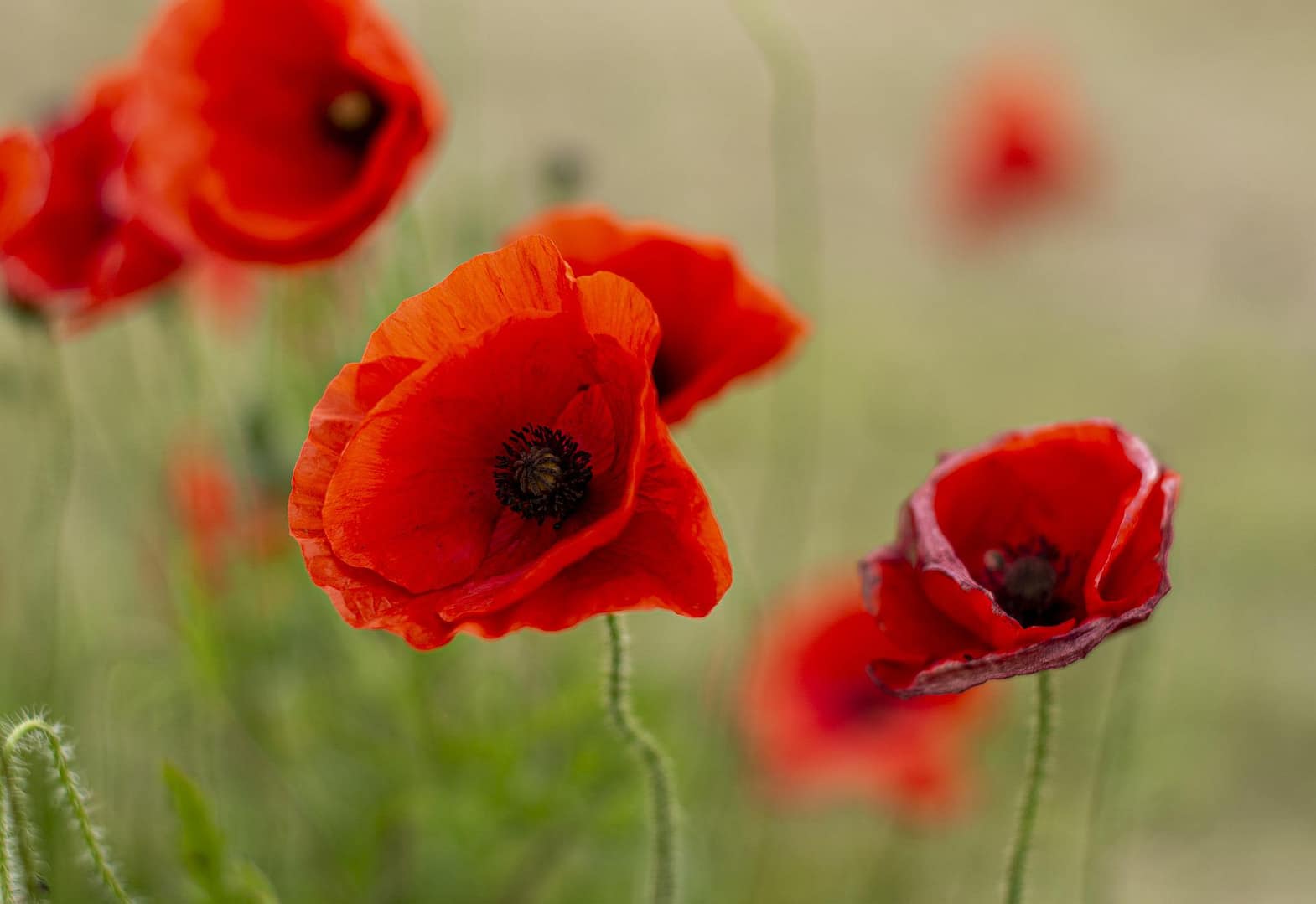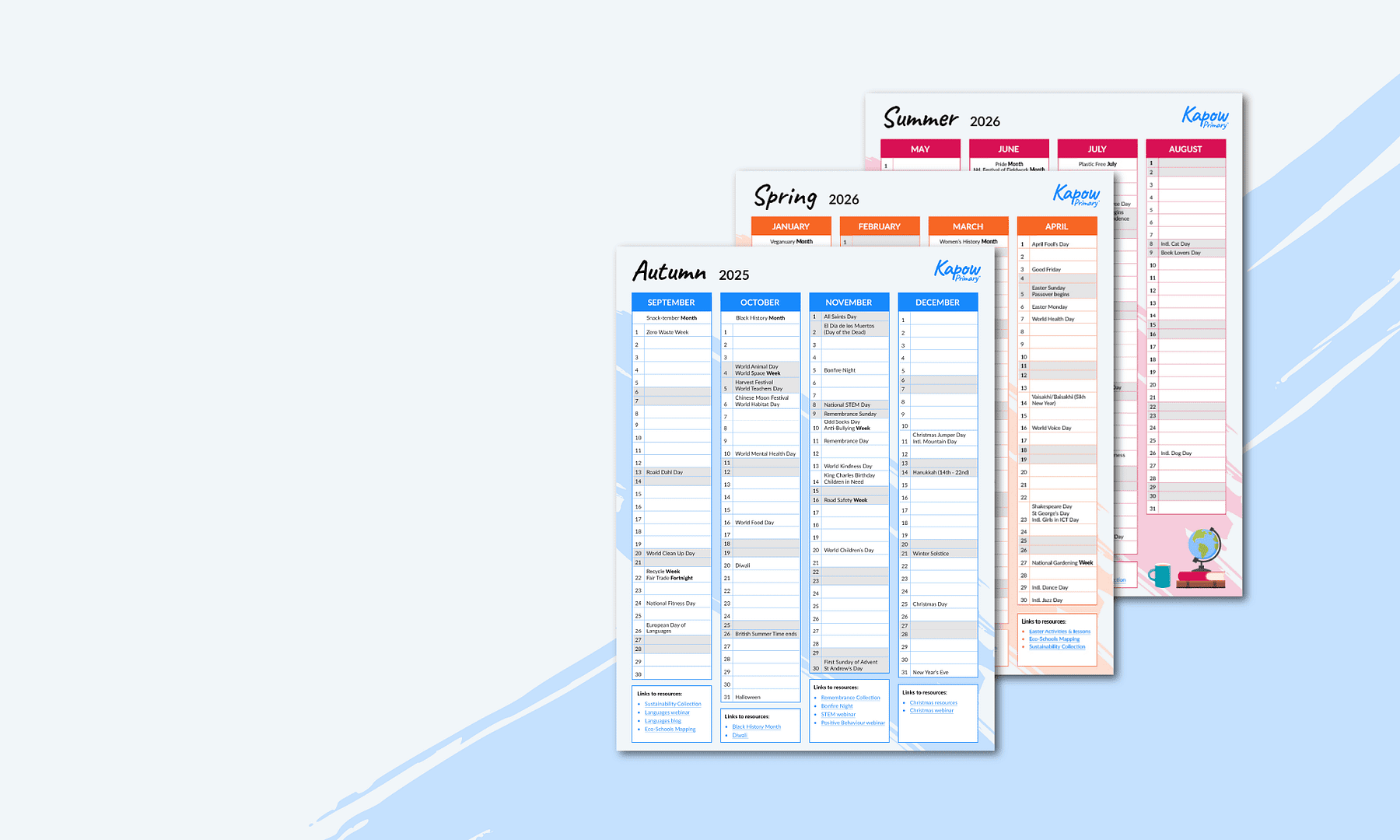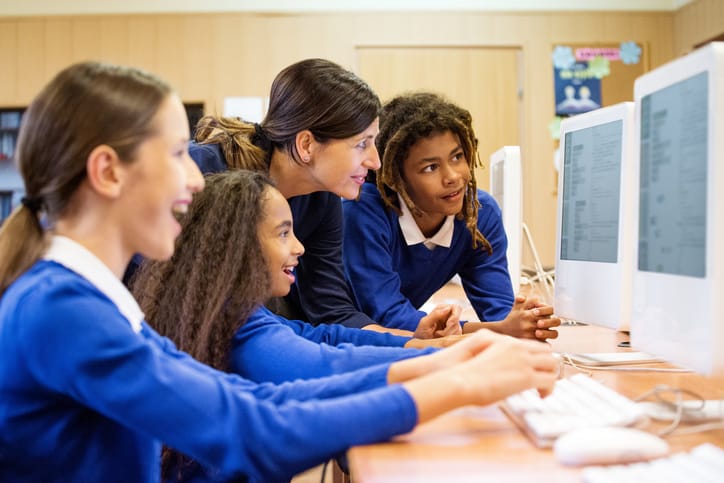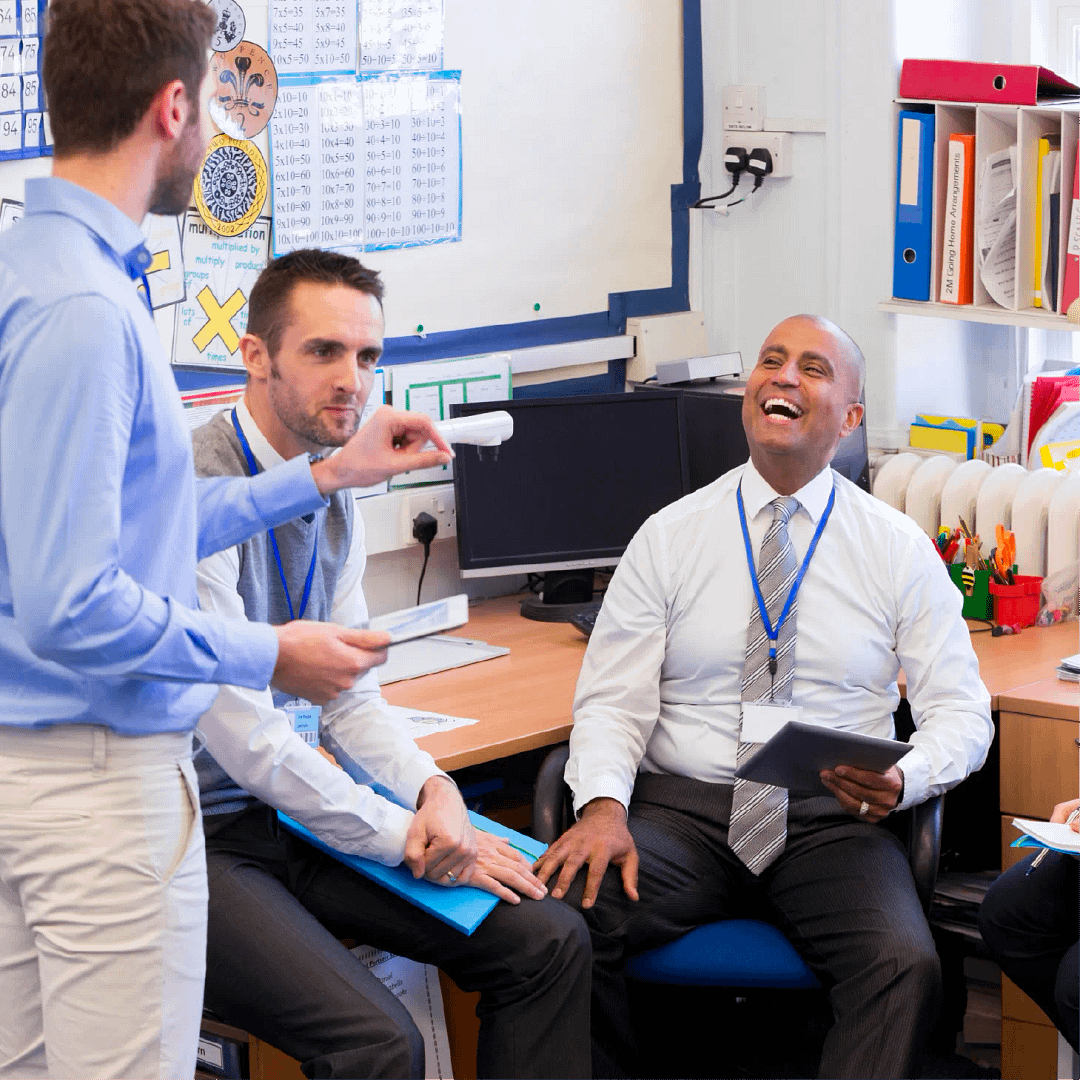In this Religion and worldviews video, children continue exploring the Abrahamic religions by learning about some of the important figures believed to be descendants of Isaac and Ishmael.
year: Year 6
Pupil video: Abrahamic religions part 1
In this Religion and worldviews video, children are introduced to the idea of the Abrahamic religions that share a special connection to a man named Abraham.
Teacher video: Y5/6 (B) – Why do Abrahamic religions look different around the world?
This Religion and worldviews video introduces teachers to the diversity found within and between worldviews.
Webinar: Modelling and Questioning in Music – Strategies for Progression
Learn how effective modelling and questioning can boost musical progress in your classroom. Music specialist Laura Forster-Rea shares practical strategies to build pupils’ confidence, deepen understanding, and support skill progression – plus a Q&A to wrap up.
Knowledge organiser – Spanish Y5/6 (B): Clothes
Webinar: Teaching Remembrance in Primary Schools
In this recorded webinar, Kapow Primary History specialists, Khatija Shakir and Alice Faulkner, share thoughtful and age-appropriate ways to help learners engage meaningfully with Remembrance across the curriculum.
The session explores:
-
Why Remembrance matters in the primary classroom
-
Sensitive and relevant approaches to teaching Remembrance
-
Cross-curricular opportunities for exploring the theme
-
Practical ideas to encourage empathy, reflection and understanding
-
An overview of Kapow Primary’s Remembrance lesson plans and resources
Annual Planner 2025 – 2026
We’ve highlighted the most relevant events for primary schools so you can see what’s coming up each month and plan with confidence.

